SUMMARY
This is AI generated summarization, which may have errors. For context, always refer to the full article.
![[Dash of SAS] Man in a woman’s world: The story of a male midwife](https://www.rappler.com/tachyon/r3-assets/612F469A6EA84F6BAE882D2B94A4B421/img/1222F9CE8F50472EBC0794ED795A5917/ana-santos-150.png)
Even as a young boy, Sam Codoy was used to being the only boy in the company of women.
His mother was a pastor and a barangay health worker, and the then 12-year-old Codoy trailed after her as she made her rounds in their community of Datu Sundungan, checking on the pregnant women and the newborn babies. His job was to weigh the baby or help the mothers carry and cajole the fidgety ones.
Now, at 19, Codoy is the only midwife in their community of about 1,066 people, majority of whom are from the Manobo tribe.
Not planned
“Medjo kakaiba po talaga ang lalaking midwife (Being a male midwife is different),” Codoy chuckles, admitting that being a midwife was not his original plan.
“Bata pa ako, gusto ko talaga maging doktor,” he said (Ever since I was a child, I wanted to be a doctor.)
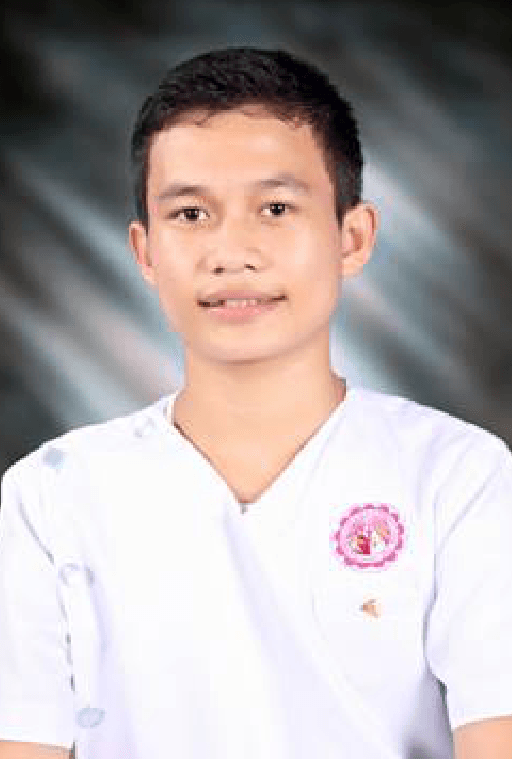
Limited financial resources put the dream of medical school out of reach, so Codoy dreamed another dream. He wanted to be the first one in his family to obtain a diploma.
Then a Department of Health (DOH) scholarship for midwifery opened up and someone suggested that he apply for it. Codoy was skeptical. “Una ko pong tanong: ‘Pwede bang lalaki diyan?’” (My first question was: ‘Can men be midwives?’)
He was assured that gender was not an issue. More importantly, he passed the requisite tests and was willing to go back to his community to serve after graduation.
When Codoy was 17-years old, he was one of the only 5 men studying midwifery at the Tecarro College Foundation in Davao. He was also one of the three DOH scholars then.
At 18, Codoy began serving his barangay as a midwife at the Datu Sundungan Rural Health Center.
Challenges of being in a woman’s world
Even though Codoy was a familiar figure in the community, it took awhile for the women to get used to Codoy in his new role – mostly because of age.
“May isa po akong patient na naganak na pero hindi po ako tinawag. Akala daw nila nag-OOJT pa ako, hindi daw po nila akalain na (may license) na ko,” he said.
(I had one patient who gave birth without me. They didn’t call me. They thought I was (still) an intern doing OJT. They couldn’t imagine that I was already a licensed midwife.)
“Batang bata pa po kasi siguro itsura ko. Tapos hindi pa po gaanong katangkaran….” Codoy said with a sheepish laugh.” (I guess I must have looked really young then. And well, I’m not very tall.)
He admits that his gender initially posed a barrier. Women did not listen to him when he advised them about family planning options thinking that he had never used the pill or the IUD, and would not have any first-hand knowledge of what possible side effects feel like.
But that made Codoy more determined to win over the trust and confidence of the women in the community.
What he lacked in personal experience he supplemented with research, collecting the experiences of other female friends using birth control. He went on house calls with barangay health workers, visiting the women in their homes, especially those who had missed their scheduled prenatal exam or check-up at the clinic.
“Gulat po sila ng pinuntahan namin para i-check ang kalagayan nila at kamustahin. Pero nakita ko po na natutuwa sila na binibigyan sila ng importansya.”
(They are surprised when I make a house call to check on them and ask how their pregnancy is coming along. But I see that the visits make them happy. They feel valued, they feel important.)
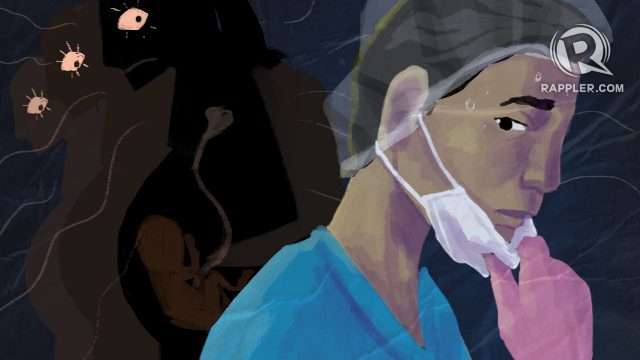
Always on call
Codoy estimated that he has already delivered more than 30 babies. He shared he had his fair share of emergency birthing stories.
“Last January 12, around 11:30pm, I got a call. A pregnant woman and her husband were on their way to the health center, but they didn’t make it. She had given birth on the road,” he recalled.
Codoy sprang into action. He brought along his delivery kit and called his father to provide the additional manpower he knew would be needed.
After securing the baby, wrapping him in a cloth to keep him warm, the Codoy men, the woman’s husband, and another villager used a banig (handwoven mat) as a makeshift cot. They carried the woman in labor to the nearest rural health clinic, about half a kilometer away from her house.
The next evening, around the same time, Codoy was called again because a woman was about to give birth in a tricycle.
“Mga 2-3 days po na wala ako masyadong tulog. Pero ganito po talaga ang buhay ng midwife, walang pinipiling oras, walang pinipiling panahon.” (I had little sleep for 2-3 days. But this is the life of a midwife, always on call.)
He’s now learning more “practical skills” that were not taught in midwifery school like gently cajoling the women who modestly hesitate opening their legs during labor, and building camaraderie and rapport with the expectant fathers. The experience has also increased his pain tolerance when women grab, clutch, and pinch him as they experience the excruciating pain of childbirth.
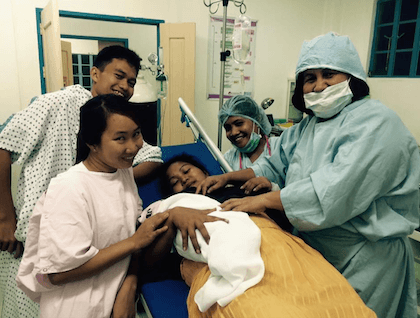
The rewards of his job have been simple but profoundly meaningful.
“Papa and Mama tell me that they are very proud of me. Papa tells me he tells all his friends about me, it gets kind of embarrassing sometimes,” said Codoy in Filipino, suddenly sounding like the teenager that he is.
The people of the community have shown their gratitude with offerings of thanks. “Minsan gulay, minsan nagpapa-kape. Simple lang pero alam mo na taos puso talaga ang pasasalamat. Masaya ako dun na alam nila na maasahan nila ako.”
(Sometimes they will give me vegetables, sometimes they give coffee. Simple but very sincere gifts. It makes me happy that they know they can depend on me)
As for his dream to be a doctor, Codoy jokes that he is now an “instant doctor.” The nearest doctor who can reach their their village is about an our away. The nearest hospital is even farther.
The young boy who once helped hold babies has grown up to be the young man the community trusts and depends on to deliver their babies into the world safely. – Rappler.com
Add a comment
How does this make you feel?
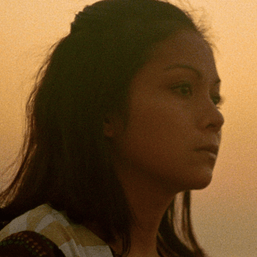





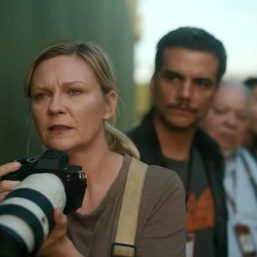
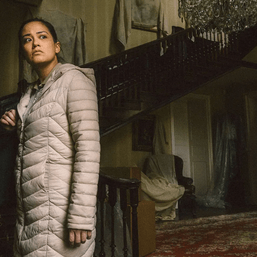

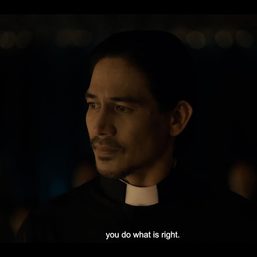




There are no comments yet. Add your comment to start the conversation.